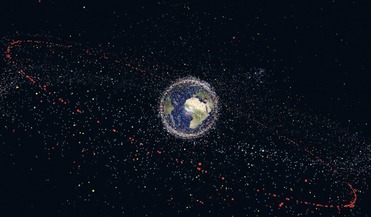 May 2019
Active debris removal faces legal minefield
May 2019
Active debris removal faces legal minefield
..., since it falls under the sovereign sphere of the internal affairs of a State, the principle applies to space objects. Regarding space debris, there is a debate in the legal academic community as to whether it falls, or should fall, under the...
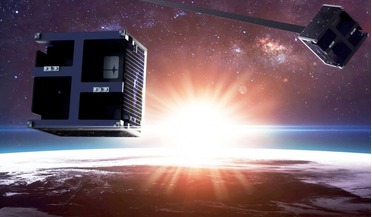 September 2020
Tackling space debris - a global priority
September 2020
Tackling space debris - a global priority
... surveillance and tracking: tracking active and inactive satellites and space debris, collectively known as resident space objects (RSO). The risks imposed by space debris proliferation highlight the need to adequately address the challenges posed...
 October 2021
Congested, contested... under-regulated and unplanned
October 2021
Congested, contested... under-regulated and unplanned
... probability that they will interfere with each other Although the potential dangers of physical collisions between space objects and the contingent increase in orbital debris is a broad topic of interest across the...
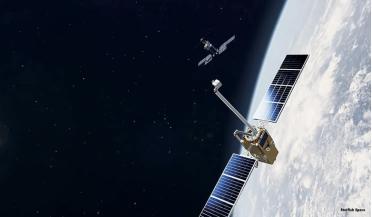 October 2025
The law as a last line of defence when space debris hit home
October 2025
The law as a last line of defence when space debris hit home
...the launching State, especially where more than one State is involved, the answer is to look at the Register of Space Objects. By channelling liability through States, individual redress for damage caused, under the current regime, is expensive, time...
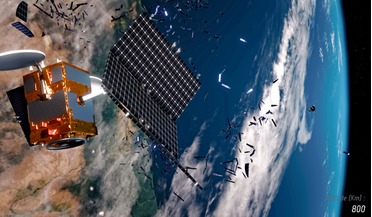 24 April 2017
Call for international help with space debris
24 April 2017
Call for international help with space debris
...is left to other means in which to ‘tidy-up’ this problem. The active removal or deorbiting of selected large defunct space objects was thus seen as key to reverse the debris increase. “The technology required for deorbiting is actively being ...
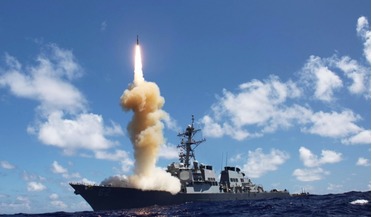 February 2017
Protecting our space interests
February 2017
Protecting our space interests
...-energy lasers as part of its ballistic missile defence programme. These could easily be adapted for use against space objects and any state that has reached a reasonable technological level would be capable of acquiring some capacity in this...